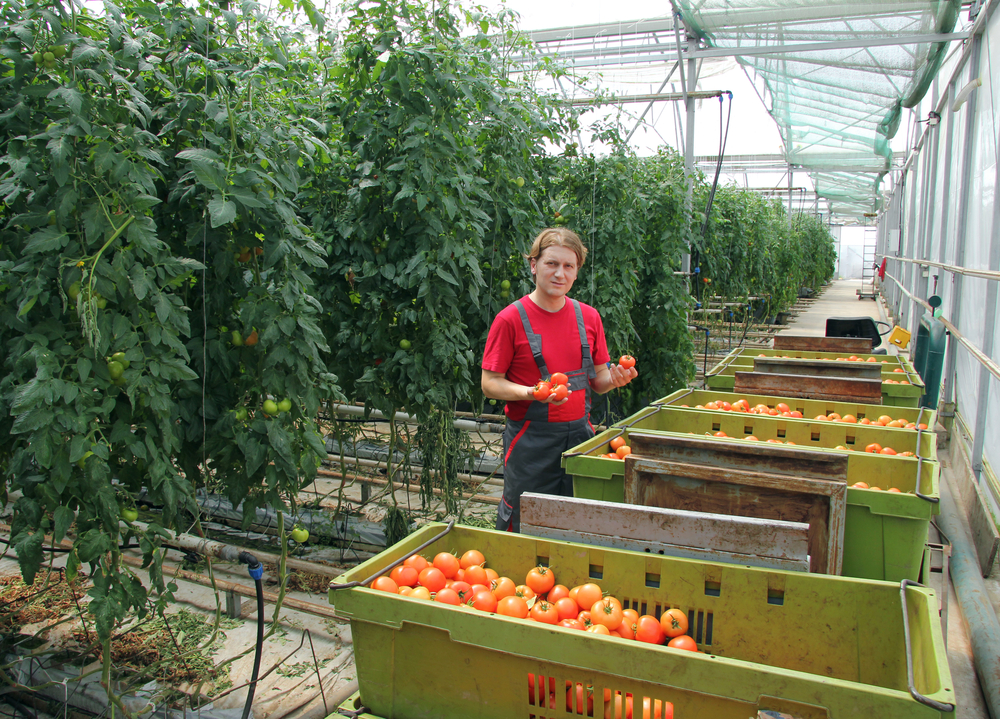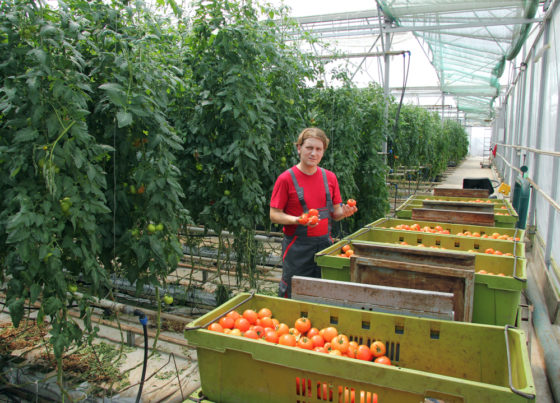Limits on labour migration require political choices: advisory council


Drawing up an annual target for migrant worker numbers could be useful to the government in devising economic strategy, but setting a target for the number of refugees allowed into the country would not be a good idea, according to the migration advisory council Adviesraad Migratie.
A target for labour migration would force politicians to think about numbers and the impact on healthcare, housing and social cohesion, the council said, but would only be relevant if it was ‘clear, future-focused and cohesive’. The council was asked by the previous cabinet to assess if targets could have a useful impact on policy.
However, in order for targets to be effective, the government must be able to influence numbers, and this is limited, particularly in the case of asylum, the council said.
‘This year, for example, the arrival of 85,000 Ukrainians would probably have pushed us over the limit,’ council chairwoman Monique Kremer to broadcaster NOS. ‘And something like this cannot be predicted’.
Setting limits on the number of people coming to the Netherlands to work would be an option, but EU rules on freedom of movement would have to be taken into account, the council said.
The government can, however, manage numbers by making economic choices. ‘We are leaving labour migration up to employers,’ Kremers told the Financieele Dagblad. ‘But we need to think about which activities have added value for our economy. Do we really want an economy based on low wages and big workforces?’
MPs from across the political spectrum have called for measures to reduce the influx of EU workers and a rethink on growth industries which require cheap foreign labour to function.
The social affairs ministry’s chief inspector Rits de Boer last month also called for a rethink on Dutch economic strategy, telling the NRC in an interview that employers are able to increase their profits using cheap labour, but the social cost – the pressure on scarce space, housing and schools – is being picked up by society.
Distribution centres, slaughterhouses and greenhouses are all reliant on low paid personnel and staffing agencies are actively recruiting workers in central and eastern Europe, he said. ‘They come because the staffing agencies facilitate it,’ he said.
Thank you for donating to DutchNews.nl.
We could not provide the Dutch News service, and keep it free of charge, without the generous support of our readers. Your donations allow us to report on issues you tell us matter, and provide you with a summary of the most important Dutch news each day.
Make a donation